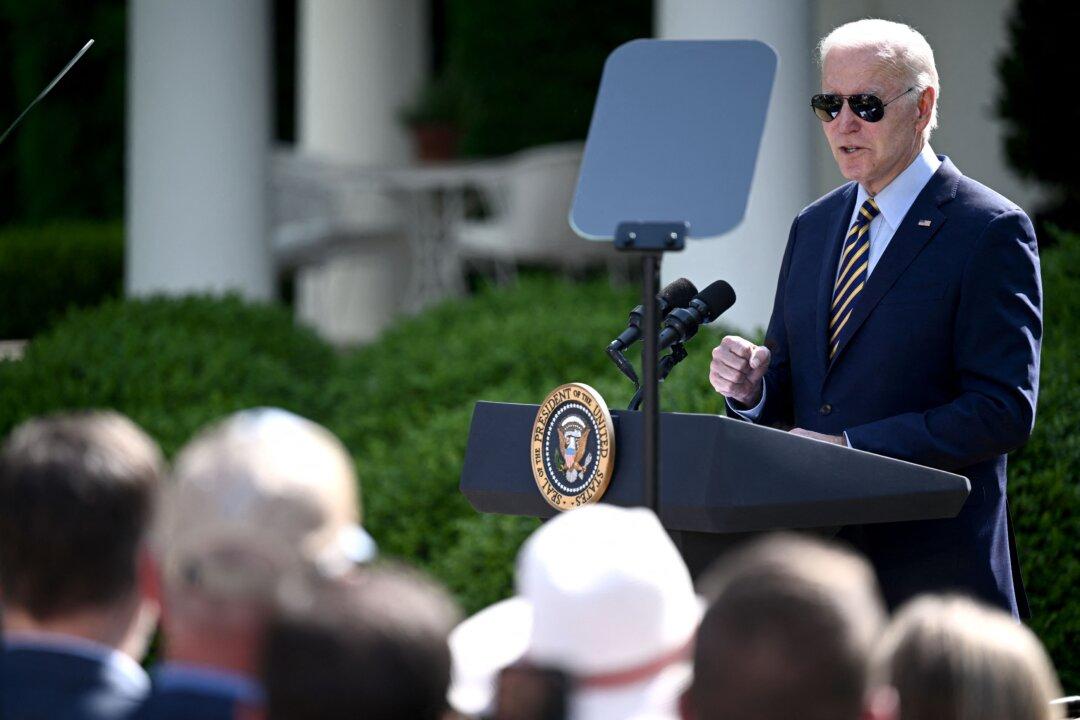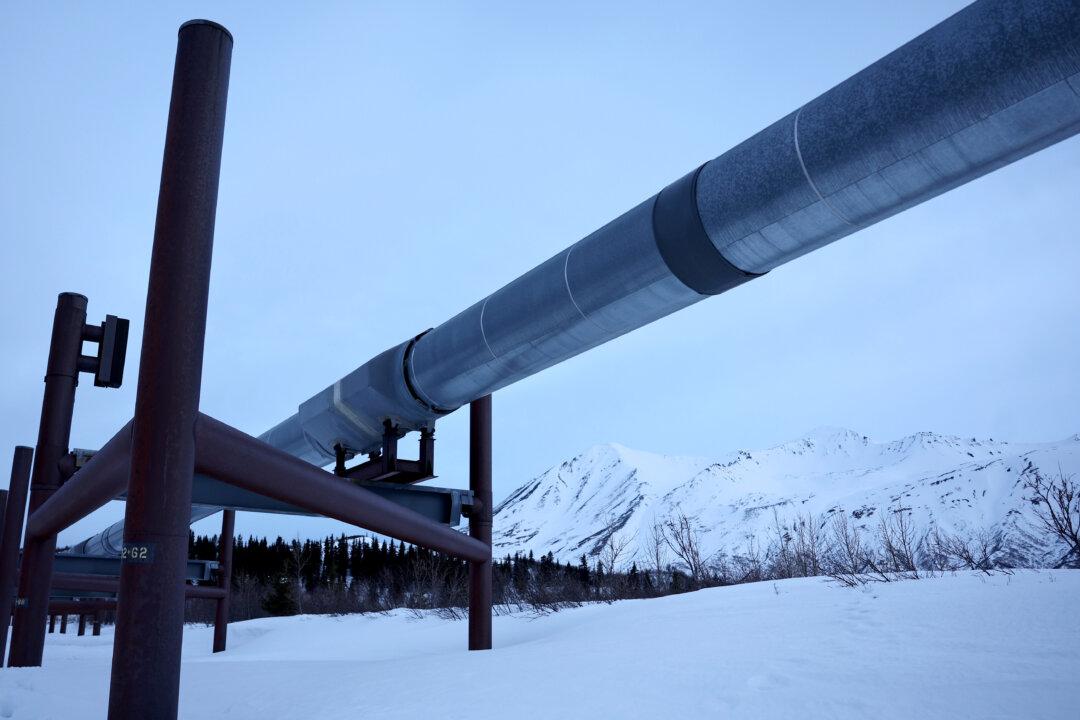Commentary
Germany’s gross domestic product (GDP) has been falling since the third quarter of 2022, causing fears of the first two-year-long recession since the early 2000s. German farmers are openly protesting new climate regulations that would raise the price of diesel fuel, vital for tractors and farm machinery. This discontent is mirrored by the general public, which is opposed to higher energy costs that drag down the economy. Recent polls show a significant shift in public opinion that’s increasingly opposed to the coalition government.





